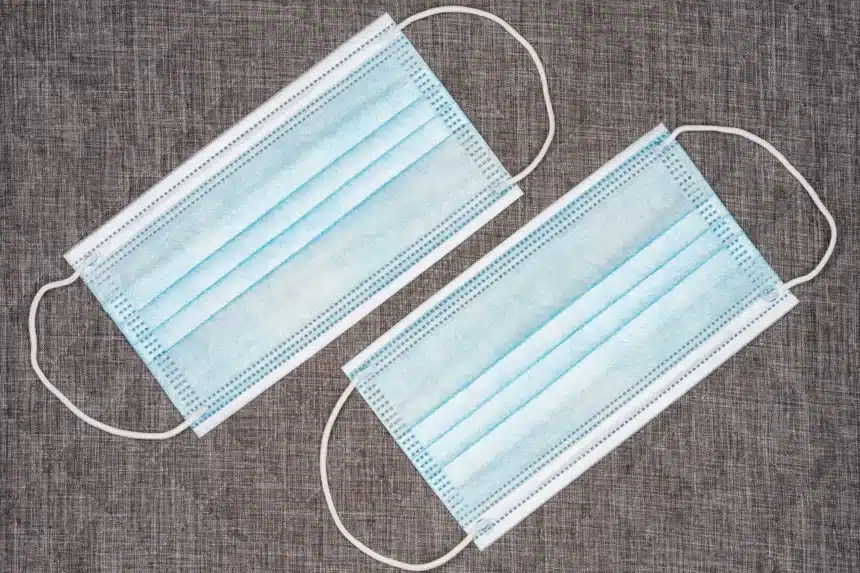Mask Representational Image Source: Markus Winkler on Unsplash
Japanese researchers have shown that masks can offer protection from airborne coronavirus particles, but even professional-grade coverings can’t eliminate contagion risk entirely.
In the experiment, the researchers put a mask on the inhaling mannequin. They say the amount of viruses it absorbed was cut by 17% with a cloth mask and by 47% with an ordinary surgical mask. When they put an N95 medical mask on the mannequin so it fitted snugly, the amount declined by 79%.
When a mask was put on the virus-spreading mannequin, both cloth and surgical masks reduced the other, non-mask-wearing mannequin’s intake of viruses by more than 70%.
The researchers also report that putting masks on both mannequins could not completely prevent the transmission of viruses.
There has been a growing consensus among health experts that the COVID-19 virus can be spread through the air. The U.S. Centers for Disease Control and Prevention (CDC) revised its guidance this month to say the pathogen can linger in the air for hours.

